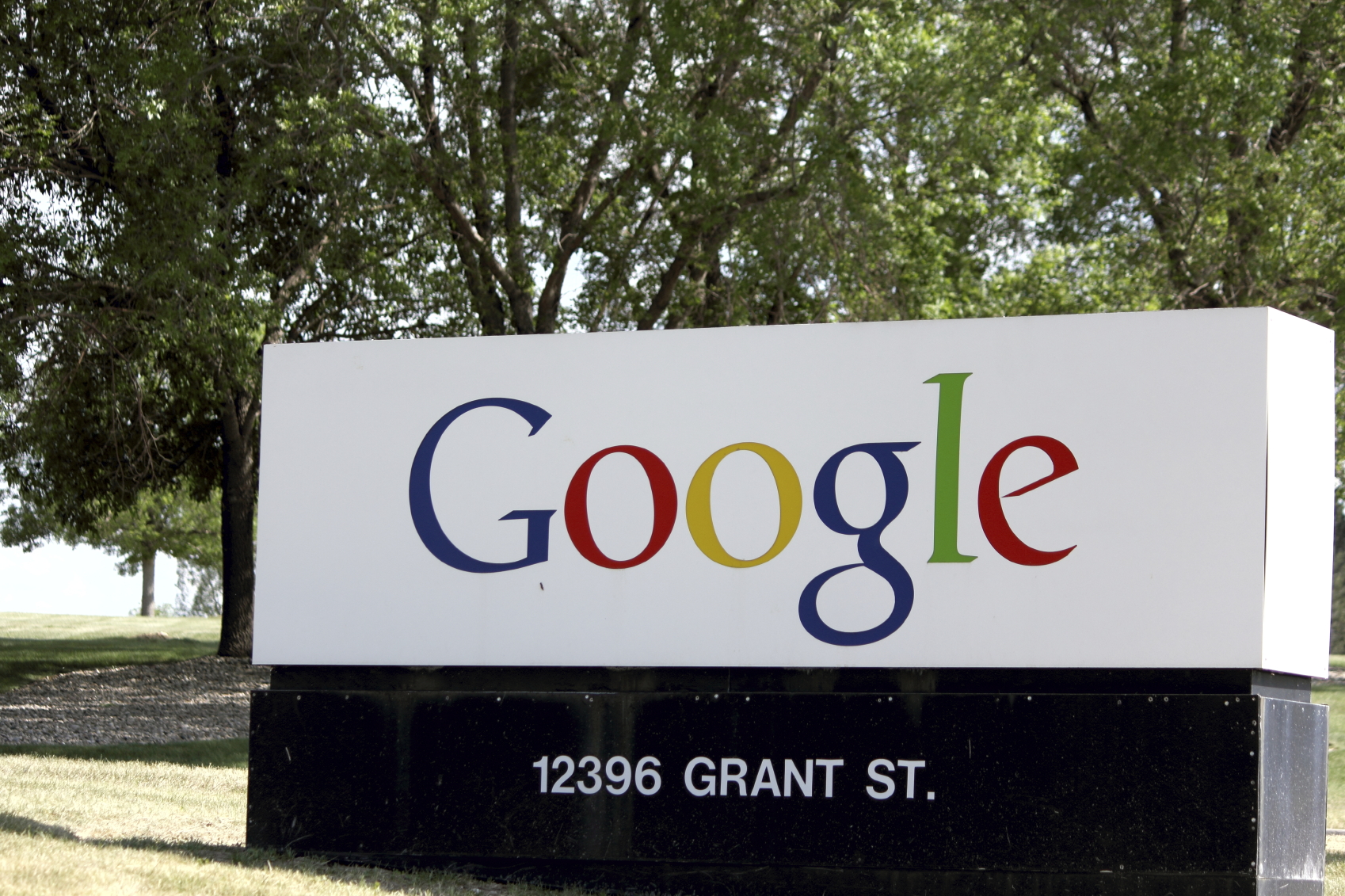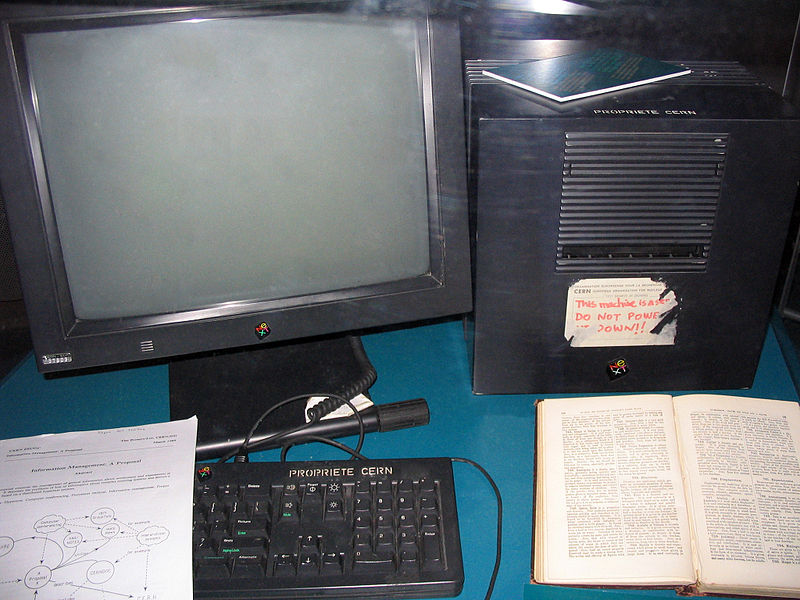Read original story on: TechCrunch
Earlier this week, Google confirmed its rumored acquisition of Agawi, a platform that allow mobile users to stream apps over the web without downloading them first. The reason behind this seems clear—Google has much to lose if the current trend of user moving away from mobile web into apps continues, given that the majority of Google’s revenues from web searches and the accompanying ads. In fact, out of the $66 billion total revenue Google generated in 2014, eMarketer predicts it $38.4 billion is from search ads.
The timing of this confirmation came at an interesting juncture, as both Facebook and Apple have announced in past few weeks new initiatives that aim to keep users inside apps in which they can easily monetize. Apple even went one step further last week by allowing ad-blocking extensions for Safari in the upcoming iOS 9, which would effectively cost Google a considerable amount of ad views. Therefore, it makes sense for Google to attempt luring users back into mobile browsers with a web-based app streaming platform. The battle to take control of mobile ecosystem has only just begun, and all marketers need to be aware.


 At CERN, the European Organization for Nuclear Research (better known now for particle accelerators and exploring the fundamental structure of the universe) they’re working to restore the original computer that Sir Tim Berners-Lee used to create the first web-server, a NeXT computer (image shown here). For those that watched the opening ceremony of the 2012 Olympic’s they saw Tim Berners-Lee on stage with his NeXT during the segment “Frankie and June Say ‘Thanks Tim.'” The dance and musical number, directed by Danny Boyle, told the love story of teens Frankie and June, who are only able to reconnect after a chance encounter through technology like smartphones and social networks.
At CERN, the European Organization for Nuclear Research (better known now for particle accelerators and exploring the fundamental structure of the universe) they’re working to restore the original computer that Sir Tim Berners-Lee used to create the first web-server, a NeXT computer (image shown here). For those that watched the opening ceremony of the 2012 Olympic’s they saw Tim Berners-Lee on stage with his NeXT during the segment “Frankie and June Say ‘Thanks Tim.'” The dance and musical number, directed by Danny Boyle, told the love story of teens Frankie and June, who are only able to reconnect after a chance encounter through technology like smartphones and social networks.